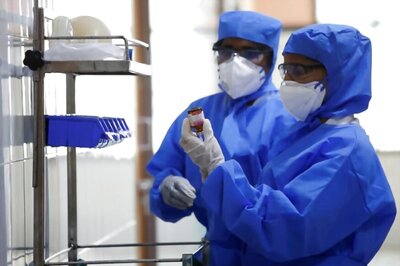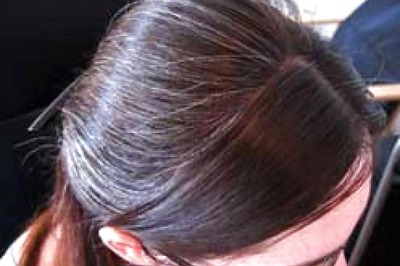
views
Washington: Mothers who insist their kids to finish their greens should perhaps add more colour to their children’s diet by including strawberries, for a study has found that a natural chemical found in strawberries can boost memory.
Fisetin, a naturally occurring flavonoid commonly found in strawberries and other fruits and vegetables, stimulates signaling pathways that enhance long-term memory, report researchers at the Salk Institute for Biological Studies in this week's Online Early Edition of the Proceedings of the National Academy of Sciences.
"Since the development of a basic understanding of the biochemical pathways involved in memory formation, the holy grail of CNS research in the pharmaceutical industry is the identification of a safe, orally active drug that activates memory-associated pathways and enhances memory," says lead author Pamela Maher, Ph.D, a researcher in the Cellular Neurobiology Laboratory at the Salk Institute.
Maher hit upon the beneficial effects of fisetin when she screened a collection of flavonoids, substances with anti-oxidant activities found in many plants, for their neuroprotective abilities in tissue culture models of neurodegenerative disease.
Maher found that some of those compounds, including fisetin, induced differentiation or maturation of neural cells. Maher explains, "That suggested to us that these compounds might be particularly beneficial, since they might not only protect neural cells from dying but might be able to promote new connections between nerve cells."
The observations that fisetin protects and promotes survival of cultured neurons and boosts memory in healthy mice make it a promising candidate for further studies.
Notes Maher, "This is the first time that the function of a defined natural product has been characterized at the molecular level in the central nervous system and also shown to enhance both LTP in vitro and long-term memory in vivo."
"The good news is that fisetin is readily available in strawberries but the bad news is that because of its natural product status there may be little financial interest in getting it into human clinical trials for diseases associated with memory loss such as Alzheimer's, where the treatment options are currently very limited," says Maher.
Besides strawberries, fisetin is found in tomatoes, onions, oranges, apples, peaches, grapes, kiwifruit and persimmons.



















Comments
0 comment